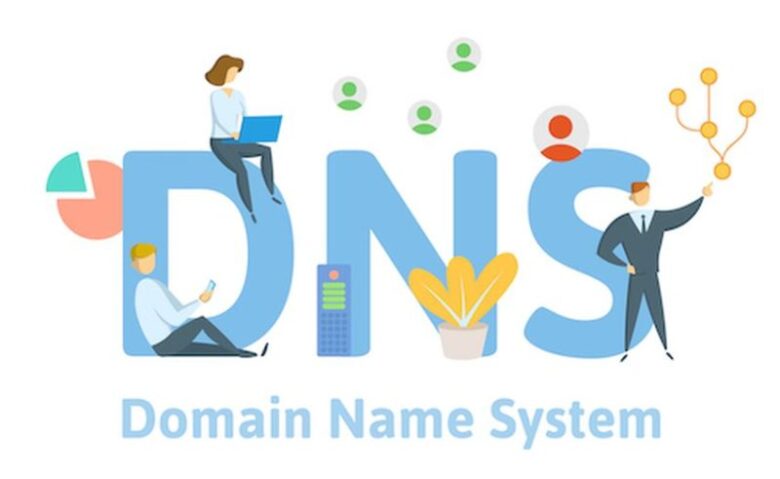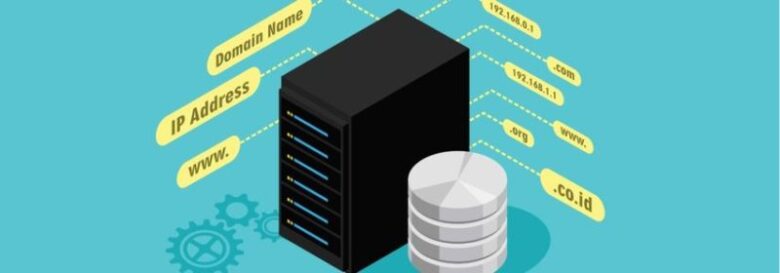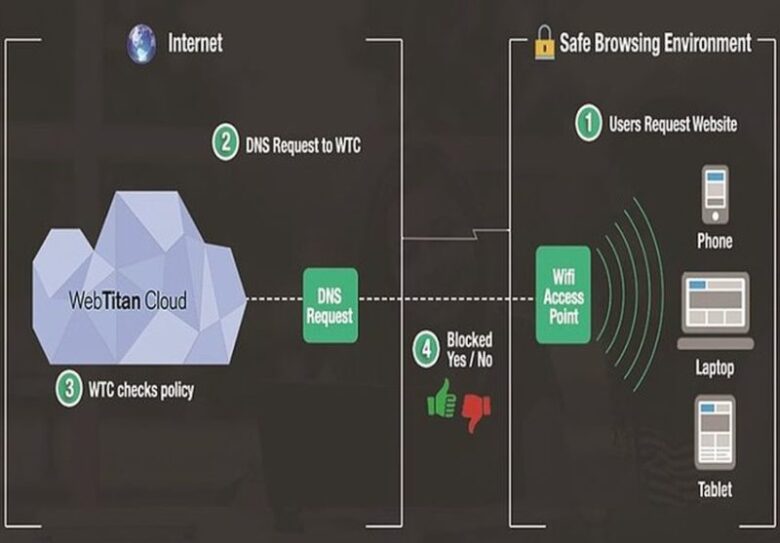When you go online you are constantly faced with a lot of threats, some which could result in your credit card being emptied or maybe getting your sensitive information exposed and your online accounts stolen. There is also ransomware, which can be used to stop you from accessing any of your data.
More malicious websites are created every day than legitimate sites, so how can you stay safe in these days? One solution that is used by ISPs and business is the use of a web filter. A web filter can be adjusted to block the majority of malicious websites and restrict access to certain categories of content.
DNS filters allow for the internet to be filtered without having to buy any software or hardware, so how does it actually work?
How does DNS filtering work?

Domain Name System filtering or DNS filtering is a technique to block access to certain webpages, websites or IP addresses. DNS is what allows us to use easy to remember domain names such as google.com rather than typing a complicated IP address like 192.168.1.254. DNS maps IP addresses with domain names.
When a domain is purchased from a domain register, it is assigned with a unique IP address that allows the site to be visited or located. When you try to access a webpage, a DNS query is always performed. Your DNS server will look up the IP address of the webpage/domain, which will then allow a connection to be made between the server where the webpage is hosted and your browser. The website will then be loaded.
If you want to find out more DNS filtering service, we recommend you check out webtitan.com
With DNS filtering in place, the request will be to various checks, rather than the DNS server returning the IP address. DNS blocking happens I a particular IP address or website is well known to be malicious via blacklists or is determined to be potentially malicious by the filter. Instead of being connected to the webpage the user attempted to access, the user will instead be directed to a local IP address that explains why the page has been blocked and why it cannot be accessed.

This level of filtering can be applied on a router, by your ISP or a third party web filtering service provider. A web filtering service provider uses and maintains a blacklist of all the malicious websites/IP addresses they have encountered in the past. If a site is known to be malicious in its past, access to these sites will be always blocked.
Since the service provider categorizes the websites, the DNS filter can be used to block access to a certain category of content such as file sharing websites, gambling, gaming sites or pornography. Since DNS filtering has almost no latency, there will be no side effects like adding a delay in accessing safe webpages.
Do DNS filters block all malicious websites?

Unfortunately, there still isn’t any DNS filter that can block all possible malicious websites, because a website first must be determined to be malicious. However, DNS filters will block most of the malicious websites.


